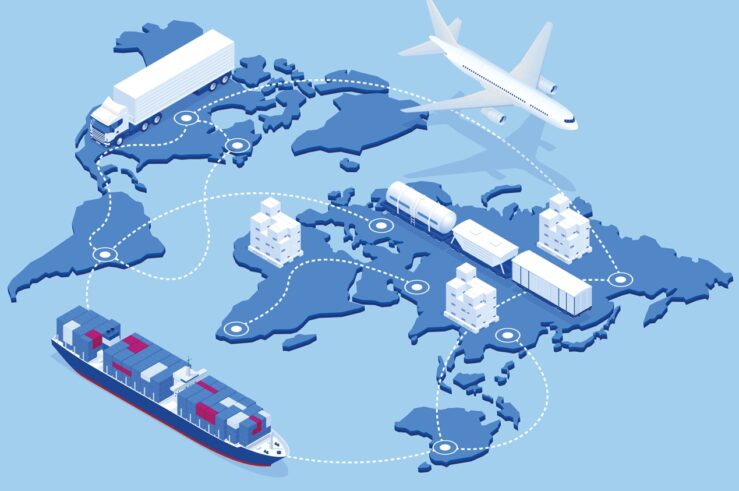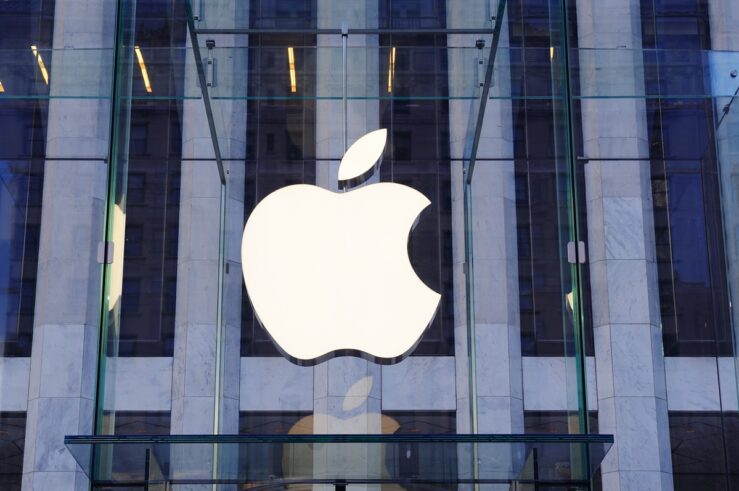Remember when net neutrality wasn’t going to involve rate regulation and it was crazy to say that it would? Or that it wouldn’t lead to regulation of edge providers? Or that it was only about the last mile and not interconnection? Well, if the early petitions and complaints are a preview of more to come, the Open Internet Order may end up having the FCC regulating rates for interconnection and extending the reach of its privacy rules to edge providers.
On Monday, Consumer Watchdog petitioned the FCC to not only apply Customer Proprietary Network Information (CPNI) rules originally meant for telephone companies to ISPs, but to also start a rulemaking to require edge providers to honor Do Not Track requests in order to “promote broadband deployment” under Section 706. Of course, we warned of this possibility in our joint ICLE-TechFreedom legal comments:
For instance, it is not clear why the FCC could not, through Section 706, mandate “network level” copyright enforcement schemes or the DNS blocking that was at the heart of the Stop Online Piracy Act (SOPA). . . Thus, it would appear that Section 706, as re-interpreted by the FCC, would, under the D.C. Circuit’s Verizon decision, allow the FCC sweeping power to regulate the Internet up to and including (but not beyond) the process of “communications” on end-user devices. This could include not only copyright regulation but everything from cybersecurity to privacy to technical standards. (emphasis added).
While the merits of Do Not Track are debatable, it is worth noting that privacy regulation can go too far and actually drastically change the Internet ecosystem. In fact, it is actually a plausible scenario that overregulating data collection online could lead to the greater use of paywalls to access content. This may actually be a greater threat to Internet Openness than anything ISPs have done.
And then yesterday, the first complaint under the new Open Internet rule was brought against Time Warner Cable by a small streaming video company called Commercial Network Services. According to several news stories, CNS “plans to file a peering complaint against Time Warner Cable under the Federal Communications Commission’s new network-neutrality rules unless the company strikes a free peering deal ASAP.” In other words, CNS is asking for rate regulation for interconnection . Under the Open Internet Order, the FCC can rule on such complaints, but it can only rule on a case-by-case basis. Either TWC assents to free peering, or the FCC intervenes and sets the rate for them, or the FCC dismisses the complaint altogether and pushes such decisions down the road.
. Under the Open Internet Order, the FCC can rule on such complaints, but it can only rule on a case-by-case basis. Either TWC assents to free peering, or the FCC intervenes and sets the rate for them, or the FCC dismisses the complaint altogether and pushes such decisions down the road.
This was another predictable development that many critics of the Open Internet Order warned about: there was no way to really avoid rate regulation once the FCC reclassified ISPs. While the FCC could reject this complaint, it is clear that they have the ability to impose de facto rate regulation through case-by-case adjudication. Whether it is rate regulation according to Title II (which the FCC ostensibly didn’t do through forbearance) is beside the point. This will have the same practical economic effects and will be functionally indistinguishable if/when it occurs.
In sum, while neither of these actions were contemplated by the FCC (they claim), such abstract rules are going to lead to random complaints like these, and companies are going to have to use the “ask FCC permission” process to try to figure out beforehand whether they should be investing or whether they’re going to be slammed. As Geoff Manne said in Wired:
That’s right—this new regime, which credits itself with preserving “permissionless innovation,” just put a bullet in its head. It puts innovators on notice, and ensures that the FCC has the authority (if it holds up in court) to enforce its vague rule against whatever it finds objectionable.
I mean, I don’t wanna brag or nothin, but it seems to me that we critics have been right so far. The reclassification of broadband Internet service as Title II has had the (supposedly) unintended consequence of sweeping in far more (both in scope of application and rules) than was supposedly bargained for. Hopefully the FCC rejects the petition and the complaint and reverses this course before it breaks the Internet.




